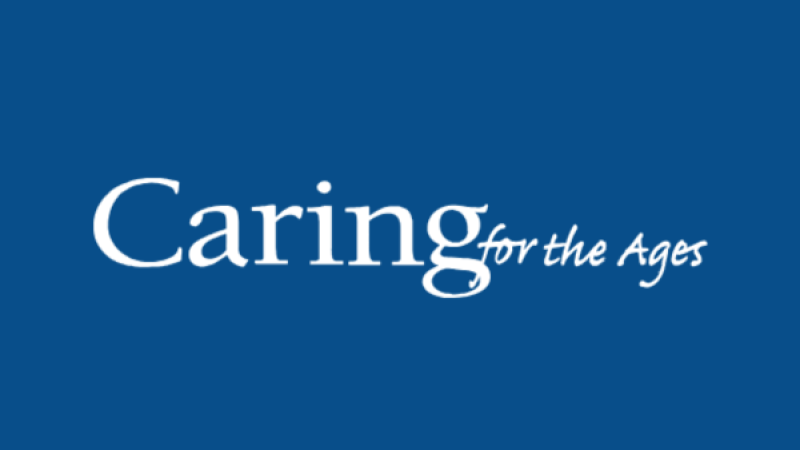March 23, 2023
The path of Milta Little, DO, CMD, from Futures Program participant to AMDA president has been paved with professional passion, tireless volunteerism, commitment to her colleagues, and a genuine love for her residents and ensuring they get the best possible care. “It’s been a humbling journey and quite a whirlwind. Since I was in the Futures Program, AMDA has afforded me so many opportunities to get involved, learn, and grow,” she said.
As with so many AMDA leaders, Dr. Little was inspired and encouraged by those who went before her. After her Futures experience, for instance, Dr. John Morley, MD—a James Pattee Award winner and the former editor-in-chief of JAMDA—urged Dr. Little to join the AMDA Communications Committee. She did, and then went on to serve as vice chair, then chair. She subsequently took on other volunteer roles, including with the Clinical Practice Steering Committee and the Public Policy Committee. She’s been on the AMDA Board of Directors since 2012.
Dr. Little started her career at St. Louis University School of Medicine, Division of Geriatric Medicine. Currently, she is associate professor of medicine in the Duke University Department of Medicine, Division of Geriatrics and senior fellow of the Center for the Study of Aging and Human Development. She is also medical director for The Forest at Duke Continuing Care Retirement Community and the North Carolina Longevity Health Plan Institutional Special Needs Plan.
Her professional work, combined with her volunteer experience with AMDA, has helped her grow into the strong, compassionate leader she is today. She said, “I have been fortunate to have some great mentors, teachers, and colleagues who have provided me with feedback and opportunities that have contributed to my leadership skills.” Her leadership style also reflects her personality—caring, energetic, empathetic, kind, and dedicated to excellence.
The year ahead will be challenging and exciting for Dr. Little. “There are many changes facing the organization, most significantly with a new executive director. I want to remain a good steward of resources and relationships so we navigate these changes smoothly and all people see is the amazing work the organization is doing,” she said. She also noted that 2022-2023 President Suzanne Gillespie, MD, RD, CMD, “has done a great job on building external relationships,” and she wants to continue to strengthen these partnerships and collaborations. Dr. Little also wants to work with AMDA committees and task forces, especially newer ones, to ensure they have a clear focus and the guidance and support they need from the Board to be successful.
Combatting ageism is a passion for Dr. Little. She observed that ageism is still an issue, and the pandemic brought it into the spotlight. She said, “We need to be anti-ageist and prioritize efforts to fight ageism. This will benefit all our residents, even the younger individuals we are seeing in post-acute and long-term care.”
Dr. Little’s commitment to serving older adults is deeply rooted in her experience with her close-knit family. When she was growing up, her grandmother lived with her family; her mother was the main caregiver, even when the older woman was diagnosed with dementia. “Having that [example] in my house has kept me grounded about what it means to be a caregiver and a professional,” she recalled. Today, she helps care for her own mother, who has dementia and is in memory care. She admits that moving her mother into memory care was a difficult decision, but she declined during the pandemic and the family decided that this was the best place for her. “She is thriving and so content. It’s proof that if you have a good community that cares for residents, they do well, are safe, and find joy,” Dr. Little noted.
Dr. Little knows from experience how important inspiration and leadership from experienced practitioners is to nurturing students and young professionals with an interest in PALTC. She suggested, “We need to mobilize our members to take on the role of mentors and advocates for our profession” and noted the need to get PALTC rotations required for professional students in all domains of health care.
To AMDA members, Dr. Little wants to extend her deepest gratitude. “I’d like to thank everyone and their teams for what they do on a day-to-day basis. I’d like to invite every member to volunteer in some capacity—join a committee, contribute to Caring, bring an issue to your state chapter to address, and/or become active in advocacy efforts,” she suggested. “I know what we can accomplish working together. AMDA members are real. We face hard times and fight the hard battles, but we love and support each other in the process.
Watch this video of Dr. Little now.




